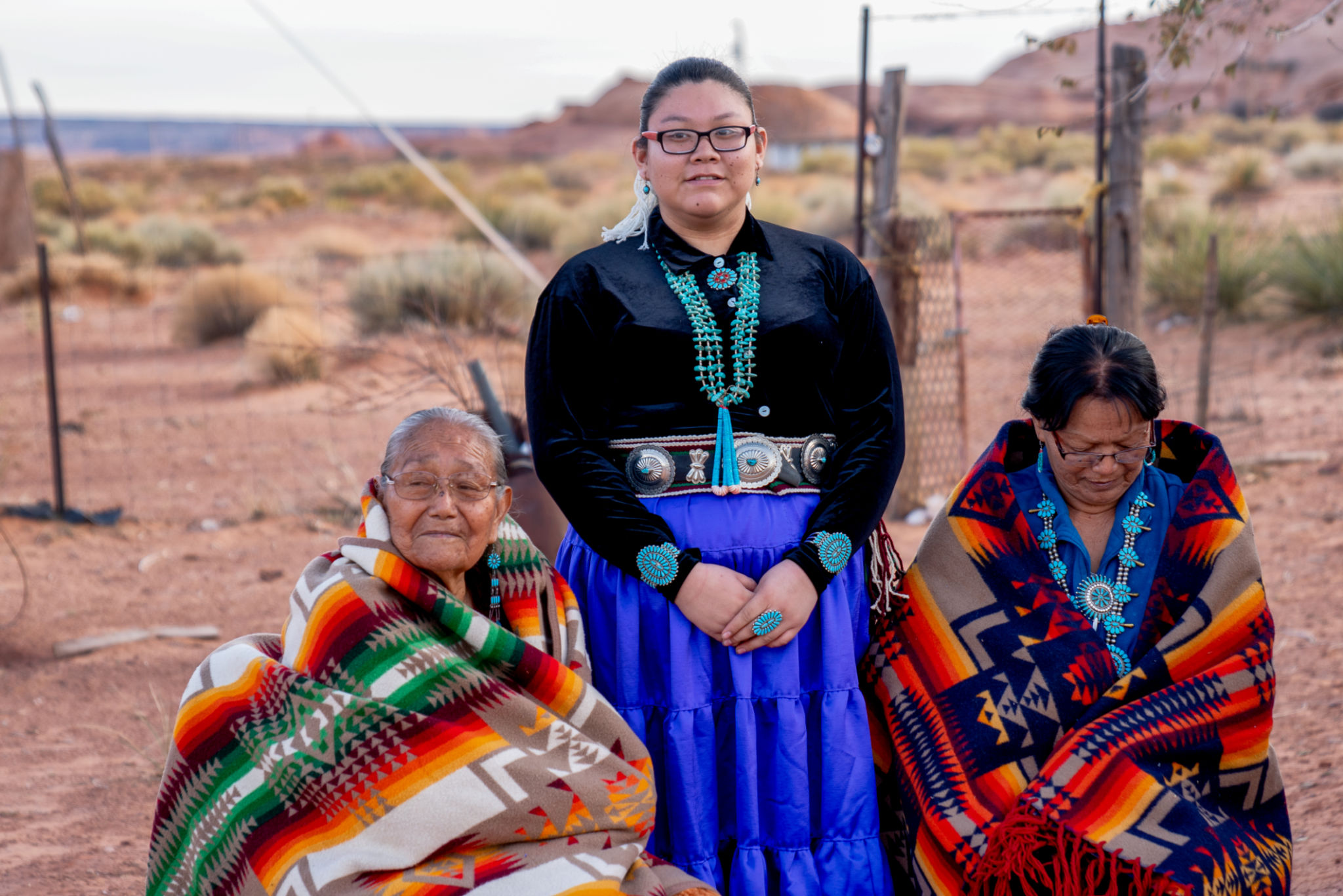The Role of a Supreme Court Consultant in Tribal Advocacy
Understanding the Role of a Supreme Court Consultant
In the complex legal landscape of the United States, navigating the intricacies of the Supreme Court can be daunting. This is particularly true for tribal advocacy, where the stakes are often high, and the legal precedents can have far-reaching implications. A Supreme Court consultant plays a vital role in this environment, offering expertise and strategic guidance to tribes seeking justice or defending their rights.
Supreme Court consultants are experts who specialize in the nuances of the highest court in the United States. They provide invaluable insights and strategic advice to help their clients understand and effectively engage with the Court. Their role is crucial in tribal advocacy, where understanding the historical context and potential impacts of Supreme Court decisions is essential.

Key Responsibilities of a Supreme Court Consultant
The responsibilities of a Supreme Court consultant are multifaceted. Firstly, they analyze legal precedents and current cases that may influence the Court's decision-making process. This involves thorough research and a deep understanding of constitutional law as it applies to tribal issues. Their insights help tribes formulate compelling arguments grounded in legal precedent.
Additionally, these consultants assist in drafting amicus briefs, which are documents submitted by non-litigants with a strong interest in the case. These briefs can provide additional information or arguments for the Court to consider. By leveraging their expertise, Supreme Court consultants ensure that these documents are persuasive and aligned with the broader legal strategy.

The Importance of Cultural Sensitivity and Historical Context
For Supreme Court consultants working in tribal advocacy, cultural sensitivity and an appreciation for historical context are paramount. Understanding tribal sovereignty, treaties, and the unique legal status of Native American tribes is critical. This knowledge allows consultants to frame legal arguments that respect and uphold tribal rights.
Moreover, recognizing the historical relationship between tribes and the federal government informs strategic decision-making. By incorporating this historical perspective, consultants can better anticipate potential challenges and opportunities within the Supreme Court's framework.

Strategic Planning and Case Preparation
Successful advocacy at the Supreme Court level requires meticulous planning and preparation. Consultants work closely with tribal leaders, lawyers, and other stakeholders to develop a comprehensive strategy. This includes identifying key issues, potential allies, and crafting narratives that resonate with both the justices and the public.
Effective case preparation often involves moot courts or mock trials, where arguments are tested and refined before they reach the actual courtroom. Supreme Court consultants play a pivotal role in orchestrating these exercises, providing feedback to enhance the effectiveness of oral arguments.
Impact on Tribal Advocacy
The influence of a Supreme Court consultant extends beyond individual cases. Their work can set precedents that impact future legal interpretations concerning tribal rights and sovereignty. By helping tribes navigate the complexities of the Supreme Court, these consultants contribute to broader efforts to uphold justice and equity for Native American communities.
In conclusion, the role of a Supreme Court consultant in tribal advocacy is both challenging and essential. Through expert analysis, strategic planning, and a deep understanding of cultural nuances, they help tribes protect their rights and shape the future of tribal law in America.
